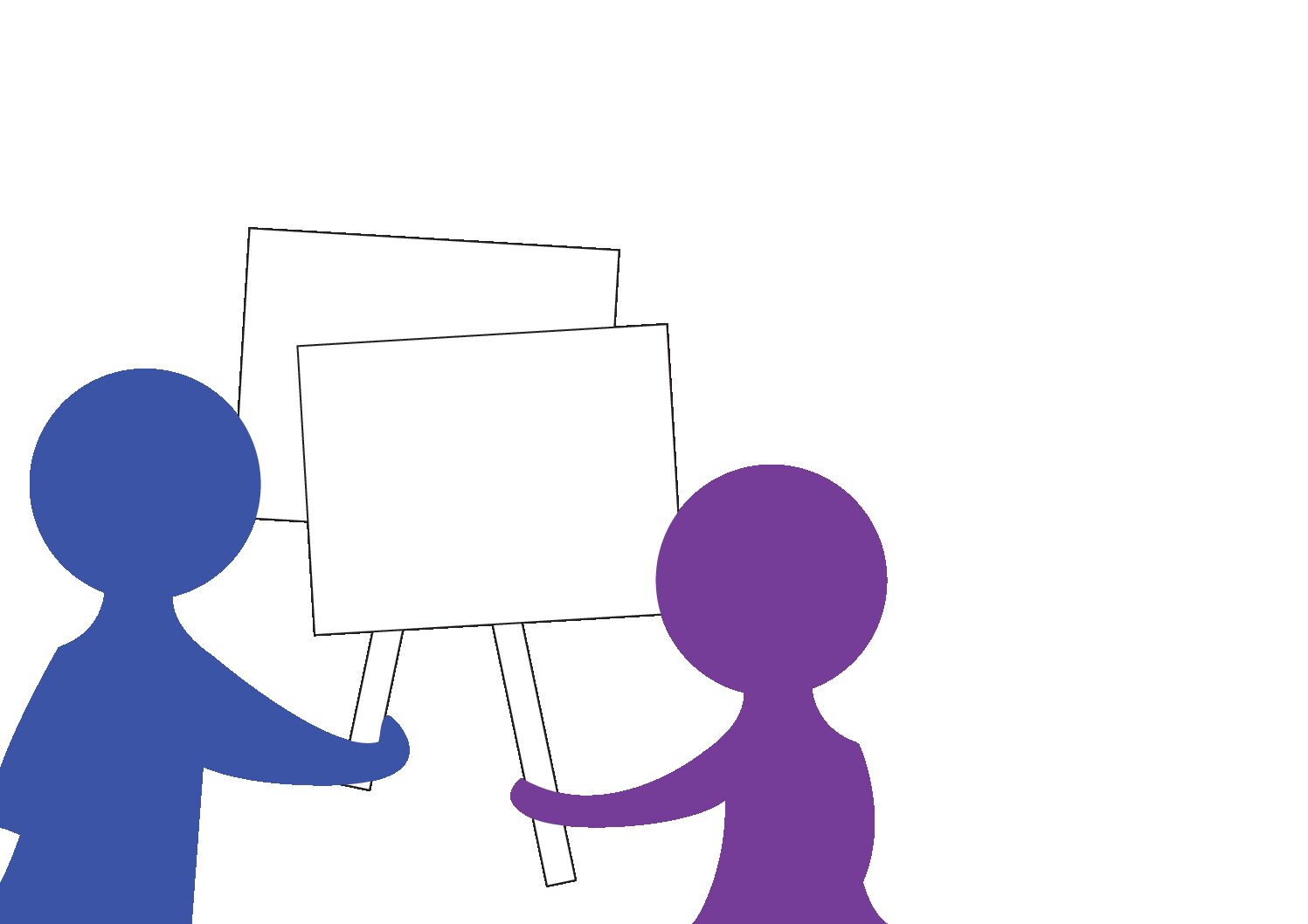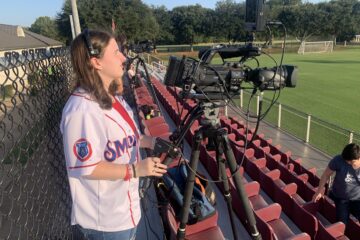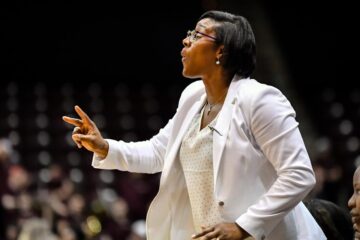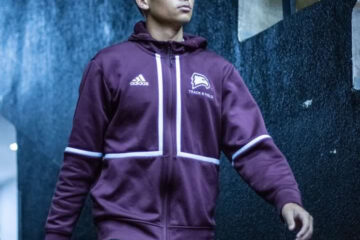Peaceful protests have been seen all over the nation this summer as Americans plead for social justice, equality and an end to systemic racism. The sports world has been no exception to these demonstrations.
Following the murder of George Floyd, professional athletes took to the streets to make their voices heard. Jaylen Brown of the Boston Celtics attended a protest in Atlanta, Shaq Thompson and several other Carolina Panthers players helped lead a march in Charlotte and countless other professional athletes of various sports leagues joined groups of activists across the country.
NASCAR drivers stood in solidarity with Bubba Wallace, the only Black driver in the Cup Series, before a race in June after a garage door pull-down rope fashioned like a noose was found in his garage stall. Wallace had driven a special “Black Lives Matter” car earlier in the month and also called for NASCAR to ban the display of Confederate flags at all races.
Most recently, following the police shooting of Jacob Blake in Kenosha, Wisconsin, NBA players boycotted their own games, choosing to come together to talk about how they could use their platform to promote real change. From Aug. 26-28, many MLB, NHL, MLS and WNBA games were postponed, and no NBA games were played.
“For me personally, it’s not surprising,” Justin Gray, assistant men’s basketball coach at Winthrop, said about the NBA walkout. Gray, who is a former professional athlete himself, said he was proud of the effort shown by the players to think about something other than basketball.
“Nobody’s saying that they had to solve the world’s problems, because look – right now nobody’s really solving those problems,” Gray said. “It’s just about having those conversations and bringing awareness to different issues and different things that are going on, and I think those things are really, really important to do.”
During his time at Wake Forest, Gray played alongside Chris Paul, now a 10x NBA All-Star and the current president of the National Basketball Players Association. Paul helped the players organize and agree on how they wanted to move forward after their decision not to play two weeks ago.
“One thing that comes really, really natural to Chris is being a leader,” Gray said. “On the court, off the court – he tries to do the right thing all the time.”
Gray pointed out that while Paul is the face of the players association, he doesn’t make the final decisions on his own. “He’s just the voice of everyone,” Gray said.
“[He’s] trying to get people to come together and come to a collective agreement. Now that’s probably difficult at times… but that’s a part of being a leader and being able to step up and say, ‘We’re standing for this and until we figure something out, this is what we’re doing.’
“I think that’s all it was, and again, just bringing awareness,” Gray said. “You can tell that every interview that every player has done after games – probably before games – they’re bringing awareness to whatever the cause that they want to talk about is. No matter if it’s Black Lives Matter, if it’s social injustice, [or] if it’s voting.”
One request that the players made before returning to play was that NBA arenas serve as voting sites for the 2020 election. In Charlotte, Spectrum Center will be an early voting center from Oct. 15-31.
Gray also said that Winthrop Athletics is making a push to help educate students about voting. The athletic department is hosting a town hall on Sept. 9 to provide students with information on how to vote, as well as the importance of voting in more than just the presidential election.
According to Gray, the Winthrop men’s basketball team has had discussions about what they can do to make a difference.
“We do know that we have a platform, especially being one of the main athletic programs on campus,” he said. “If that’s expressing through slogans on a t-shirt, putting something on the back of your jersey, going out and marching, speaking out about voting – there are things that our team is working on [to give] our student-athletes a voice.”
Gray said the coaching staff likes to listen and learn from its players and talk about situations that may be difficult to handle or discuss.
“At the end of the day, we want to raise young men that are going to be leaders – not only in their community – but [that] go out and lead the world.”
Graphic by Lizzy Talbert




